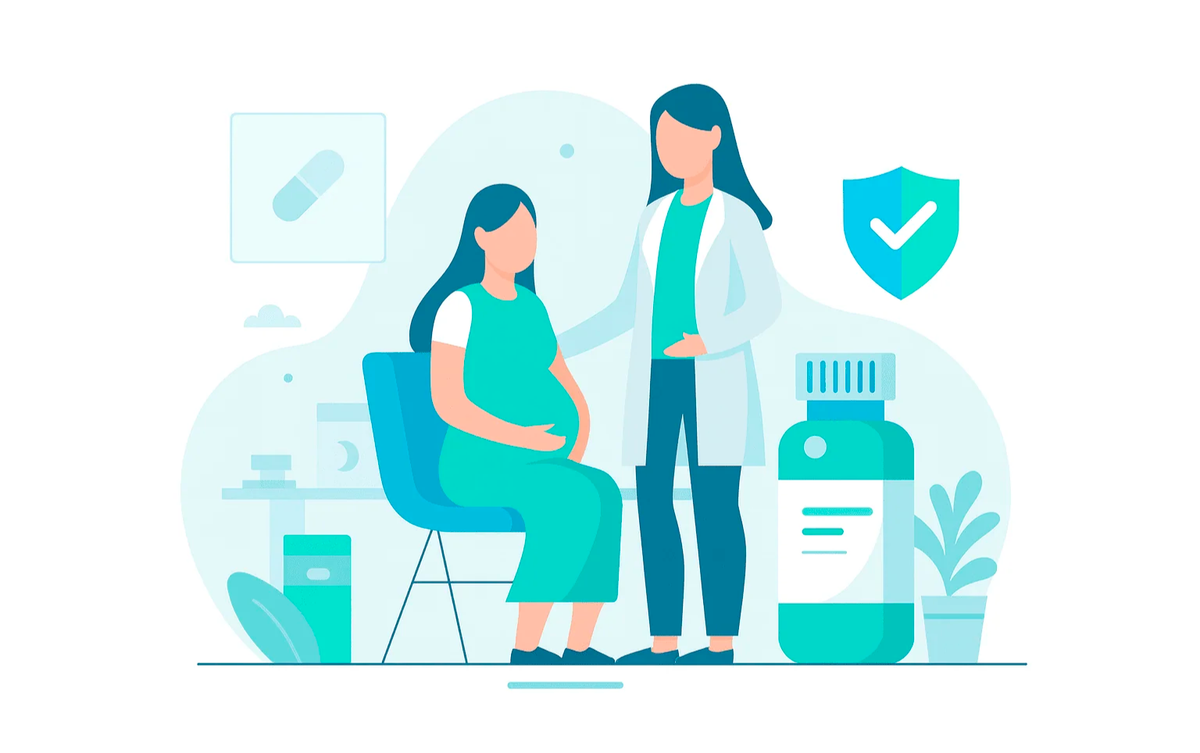
The World Health Organization (WHO) has reiterated that there is currently no conclusive scientific evidence linking the use of acetaminophen (also known as paracetamol or Panadol) during pregnancy to autism spectrum disorder (ASD) in children.
\nThis clarification comes amid ongoing debates and new developments, including a recent move by the U.S. Food and Drug Administration (FDA) to update warning labels on acetaminophen, citing emerging data about potential neurological risks. Despite this, WHO emphasizes that numerous large-scale studies conducted over the past decade have not established a consistent association between the medication and autism.
\nGlobally, autism affects approximately 62 million people, or one in every 127 individuals. While progress has been made in understanding and diagnosing autism, its exact causes remain unclear. Experts agree that a variety of genetic and environmental factors may contribute to the condition.
\nWHO advises pregnant women to continue following the guidance of qualified health professionals when using any medication, particularly during the first trimester. “Any medicine should be used with caution during pregnancy…in line with advice from health professionals,” the organization states.
\nIn addition to addressing concerns about painkillers, WHO reaffirmed its position on vaccines, underscoring that childhood immunizations do not cause autism. The organization pointed to decades of robust global research: “Large, high-quality studies from many countries have all reached the same conclusion. Original studies suggesting a link were flawed and have been discredited.”
\nSince 1999, independent expert reviews—including those of the Strategic Advisory Group of Experts on Immunization (SAGE)—have consistently verified the safety of vaccines, including those containing ingredients like thiomersal and aluminum.
\nWHO notes that childhood vaccination schedules are carefully designed through global and national input and have saved over 154 million lives in the past 50 years. Disrupting these schedules can increase the risk of infectious diseases, especially for infants and those with weakened immune systems.
\nThe topic of autism is also part of the broader mental health agenda at the 4th UN High-Level Meeting on Noncommunicable Diseases (NCDs) and Mental Health, taking place today, 25 September. WHO continues to call for stronger global efforts to better understand autism and provide appropriate support to autistic individuals and their families.
\n













Aldrige Kennedy
Leave a Comment
Your email address will not be published.